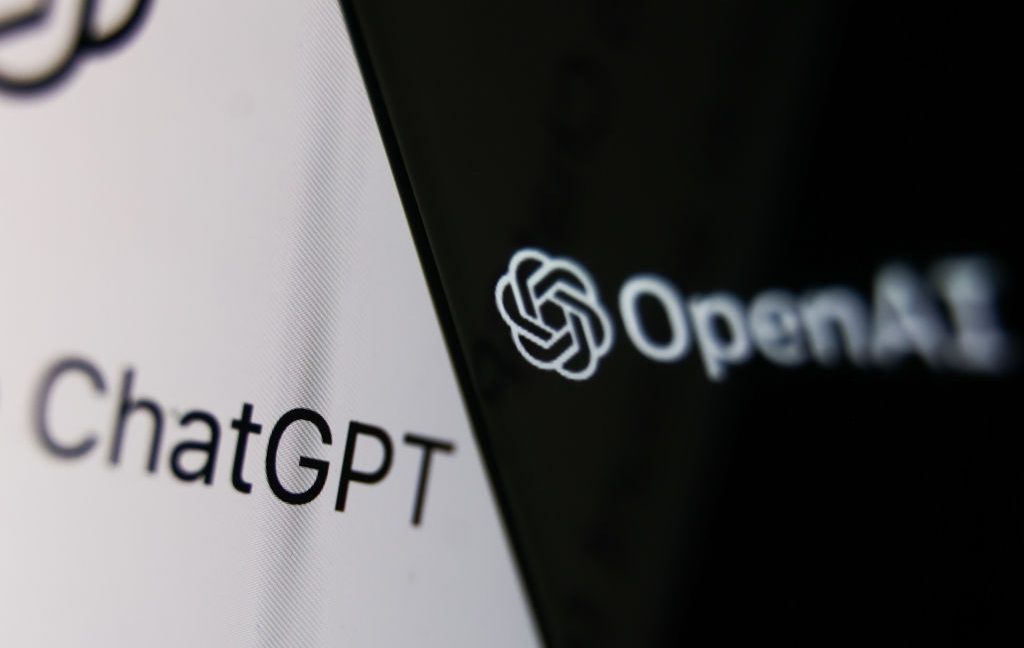The GPT-5 Controversy: A Shift in AI Companionship

OpenAI recently unveiled its much-anticipated model, GPT-5, promising substantial advancements. Yet, reactions among the ChatGPT community reveal a sense of discontent. Many users cherished the vibrant and engaging nature of the GPT-4 models, and the transition to GPT-5 has raised concerns about losing that familiar interaction.
While OpenAI assures that models like GPT-4o haven't been entirely removed, they've now been relegated to the developer API. This change affects users who enjoyed conversational interactions with their favored AI, creating a significant departure from the familiar operations they had adjusted to over the last year.
Forums, such as those on OpenAI's platform and Reddit, are buzzing with loyal users expressing their displeasure. They liken losing models like GPT-4o to losing a trusted companion, perceiving GPT-5 as impersonal and similar to dealing with an "overworked secretary." Many indicate their dissatisfaction through AI-generated complaints, showcasing the irony of relying on AI to voice frustrations about AI transitions.
Critics also argue that GPT-5 lacks the creative spark that previous models offered. Established workflows with GPT-4o suffer under the new model, and limitations on free tier usage are driving users toward more expensive subscriptions. This raises questions about whether the swift rollout of GPT-5 is primarily a financial decision for OpenAI.
Creating AI that is both user-friendly and effective remains a challenging task for OpenAI. Historical attempts to make ChatGPT overly agreeable backfired, but users generally valued the balance of friendliness. The latest model, GPT-5, fails to meet their expectations, appearing more corporate and less vibrant.
The attachment people develop with AI, like ChatGPT, highlights an evolving relationship with technology. Such engagement prioritizes outputs that are pleasing or supportive, at times blurring the lines between genuine interaction and escapism. Given emerging concerns about AI's role in mental health, the transition to a less engaging model might be beneficial in the long-term.
While GPT-5 introduces more analytical strength, it may not be the 'friend' users had grown to adore. As alternatives arise, like Elon Musk's xAI project, users seeking more dynamic interaction might explore other paths, though with necessary caution as suggested by experts.



